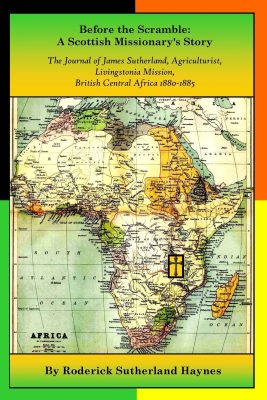Encounters on the Front Line is the journey of a Canadian Red Cross nurse who, after traveling in far off reaches of Asia and Africa, finds herself in a refugee camp on Cambodia’s Thai border, in the midst of the war between the Vietnamese and Cambodia’s brutal Khmer Rouge.
The encounter with the front line becomes a life journey told in three books: her experience in a refugee camp in 1980, a pilgrimage back in 2007-2008 in an effort to reconnect, and a third journey two years later as a mature woman and writer, seeking to pull together the experience that has marked her so deeply.
The courage and resilience of the Cambodians survivors who serve with her, their beauty in the midst of the horrendous conditions shine through, even as the camp itself becomes torn by war. Harvey draws a vivid picture of contrasts: the abysmal conditions of the camp with the green of the surrounding rice fields, the terrors of the Pol Pot regime with the loyal gentleness of the individual Cambodians who serve with her. Photos increase the reader’s intimacy with these people, as does the poetry that runs through the book.
Harvey’s return trips to reconnect and unravel the mystery of the land become a more personal search. It is again focused on people, both Cambodian and expats from around the world who have found their life’s work in Cambodia. The second visit focuses on an orphanage, Wat Opot, where she serves, and its American founder. The price of conflict is brought home by the stories of these tragic leftover of war—the children. In a land where poverty and conflict overwhelm, many find peace in Buddhism. Harvey finds that her greatest service lies in the healing touch.
The honesty of this memoir—Harvey’s conflicting reactions to the filth and vermin—give it an authenticity that is refreshing. The third book in particular, we feel her frustration and grief at her failure to re-establish the personal connections of the first encounter. If it has any defect it is that the first book, given its subject matter, has a tension and intensity the other two do not. And the personal search of the latter two is, that some readers may find it to be, at times, repetitive as the author reexamines her encounters. Life has moved on beyond her reach, and the intimacy and immediacy of war relationships cannot be reestablished. There is a large quotient of sadness in this last visit, and a once friend tells her that it is a mistake to cling too long.
This is a very well written memoir and an intimate picture of a Southeast Asia and its people. Readers will find their horizons broadened by Harvey as she shares her encounters as one who has served in the far reaches of the Third World, grown to love its people, then sought to give the experiences meaning. Harvey’s poetry and photographs add both variety and depth to the work, as they further the reader’s connection to the memoir beyond the power of prose.










Leave A Comment